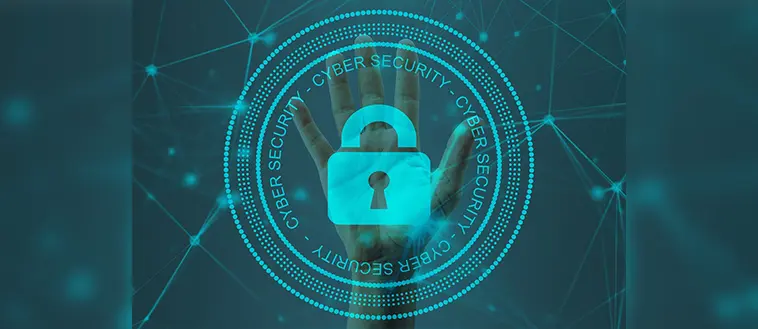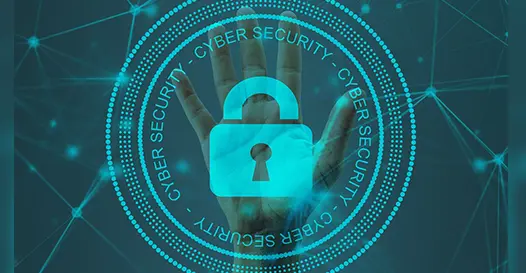
Union Minister Jyotiraditya Scindia recently highlighted a series of initiatives taken by the government to address rising concerns about cyber fraud and telecom security. In an interview with ANI, the Union Minister for Communications emphasized efforts to protect users from malicious actors operating in the digital and telecom sectors.
Scindia pointed to a cyber fraud network established by the Ministry of Home Affairs, which has successfully prevented fraud worth ₹4,000 crore. This initiative has also safeguarded approximately ₹10 lakh in public funds. Moreover, the telecom sector has developed an application specifically designed to counter fraudulent activities. This app has led to the disconnection of 2.75 lakh mobile phone numbers and the blacklisting of 10,000 headers associated with harmful activities.
The Indian Cyber Crime Coordination Centre (I4C), set up by the Ministry of Home Affairs, has been instrumental in providing a structured approach to combatting cybercrime nationwide. By facilitating coordination among various stakeholders, I4C has enhanced India’s capacity to address the multifaceted challenges posed by cyber threats.
To tackle the influx of international numbers into Indian networks, the government has implemented a caller identification software. Scindia reported that this software has blocked between 25–30 crore suspicious calls over the last two months. On one particularly significant day, 1.35 crore calls were intercepted, showcasing the software’s effectiveness in curbing telecom-based fraud.
The Minister acknowledged that while technology offers vast opportunities for progress, it also creates avenues for misuse. “With every new technology comes great benefits, but there is also a scope for nefarious use. This scope is permanent,” Scindia said, stressing the government’s continued efforts to counter such risks.
Prime Minister Narendra Modi has also voiced his concerns about the rising cases of cyber fraud and digital threats. During his ‘Mann Ki Baat’ address, the Prime Minister warned citizens about the dangers of ‘digital arrest,’ a fraudulent scheme where scammers impersonate law enforcement officials to extort money from unsuspecting victims. Modi emphasized that no legitimate agency conducts investigations over phone or video calls and urged people to remain vigilant.
Scindia underscored that while eradicating cyber fraud completely may not be feasible, the government remains committed to implementing robust measures and raising public awareness. He also mentioned that initiatives like caller identification and fraud detection apps reflect a significant step forward in safeguarding Indian citizens.
The government’s proactive stance on telecom and cyber security underscores its focus on creating a safe digital environment. From the establishment of comprehensive frameworks like I4C to the development of advanced software to block fraudulent calls, India is taking decisive action to address these challenges. While the fight against cyber fraud and telecom threats is ongoing, the measures implemented so far signal a determined approach to securing the digital landscape.





